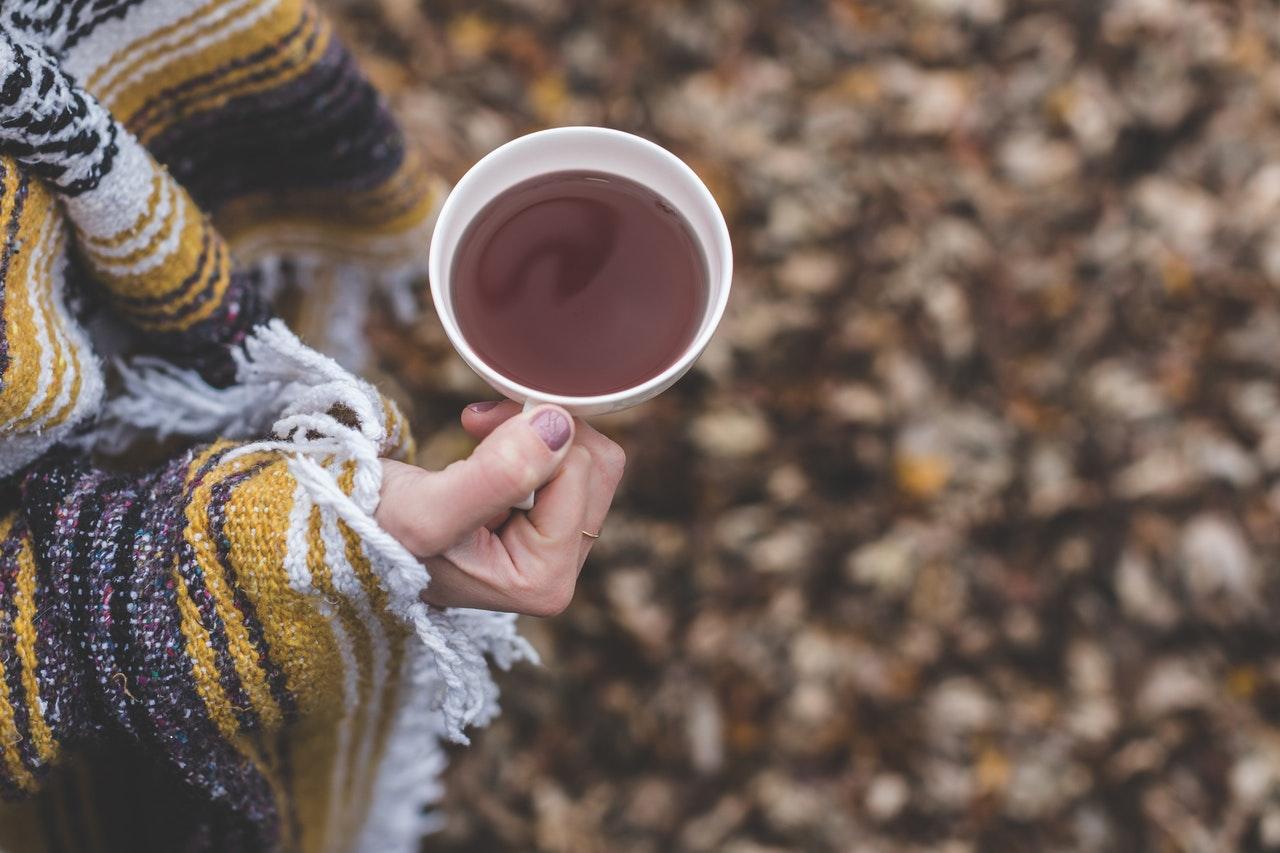100% Biodegradable Tea Bags Are Coming To The U.K.
With the amount of tea that's consumed in the United Kingdom, over 330,000 pounds of plastic waste is created annually. To fix that problem, the Co-op will be experimenting with heat-sealed tea bags for their own tea brands.
Updated May 23 2019, 7:58 a.m. ET
There’s many ways to cut down on plastic waste in terms of our drinking, such as eliminating unnecessary straws and not consuming single-use bottles. However, there haven’t been great solutions for tea drinkers. How come? Tea bags aren't easy on the environment, and for the sake of convenience and saving money, many tea drinkers lean toward the bagged variety. And as anyone who enjoys a little caffeine knows, it's hard to stop at just one cup. Luckily, a United Kingdom wholesaler is attempting to fix that problem with a more environmentally-friendly bag.
Over in Europe, tea is one of the most popular beverage. Just how popular? At least 60 billion cups of tea are consumed annually and about 96 percent of them are created using tea bags. Polypropylene is a plastic in the tea bags that keep the product together, and that waste adds up to over 330,000 pounds per year.
The Co-op, a large retailer in the UK, is hoping to curb the problem by introducing a new tea bag that doesn’t have polypropylene. In collaboration with their tea supplier, Typhoo, and a sustainable fiber company, Ahlstrom-Munksjo, they will be heat-sealing their own Fairtrade 99 tea bags and will remain fully compostable.
“Many tea drinkers are blissfully unaware that the tea bag from their daily cuppa is sealed using plastic,” Jo Whitfield, CEO of Co-op said in a press release. “...That’s an enormous amount of accumulated plastic waste that is either contaminating food waste compost collections or simply going to landfill.”
Heat-sealed tea bags will be tested for durability and safety through February and it potentially could be in stores by the end of the year. It’s anticipated that the new method to create these tea bags will be used in all of the Co-op’s tea brands. They alone sell 4.6 million boxes of tea per year.
Like other sustainable solutions, an issue that comes up is the increase in developmental cost with the new tea bag sealing method. There are already other ways to consume the beverage, such as using loose tea or opting for Japanese pyramid-style tea bags made of corn starch, but they are more expensive. Heat-sealing tea bags will also mark up the price tag.
The UK Tea and Infusions Association warns that “raw material cost and upgrades to machinery would increase the cost of a bag by about eight times” the current amount. That’s a significant increase that would keep a lot of consumers away from purchasing the new tea bags. It would harm the industry and poorer countries that rely on tea income.
Ultimately, the best solution would be to find a heat-sealing method that isn’t as taxing on the consumer. In the meantime, for those that want to keep the planet greener, it’s worthwhile to pursue the new technology. The Co-op wants all of their products to be recyclable, and their goal is to hit 80 percent in the next two years.
